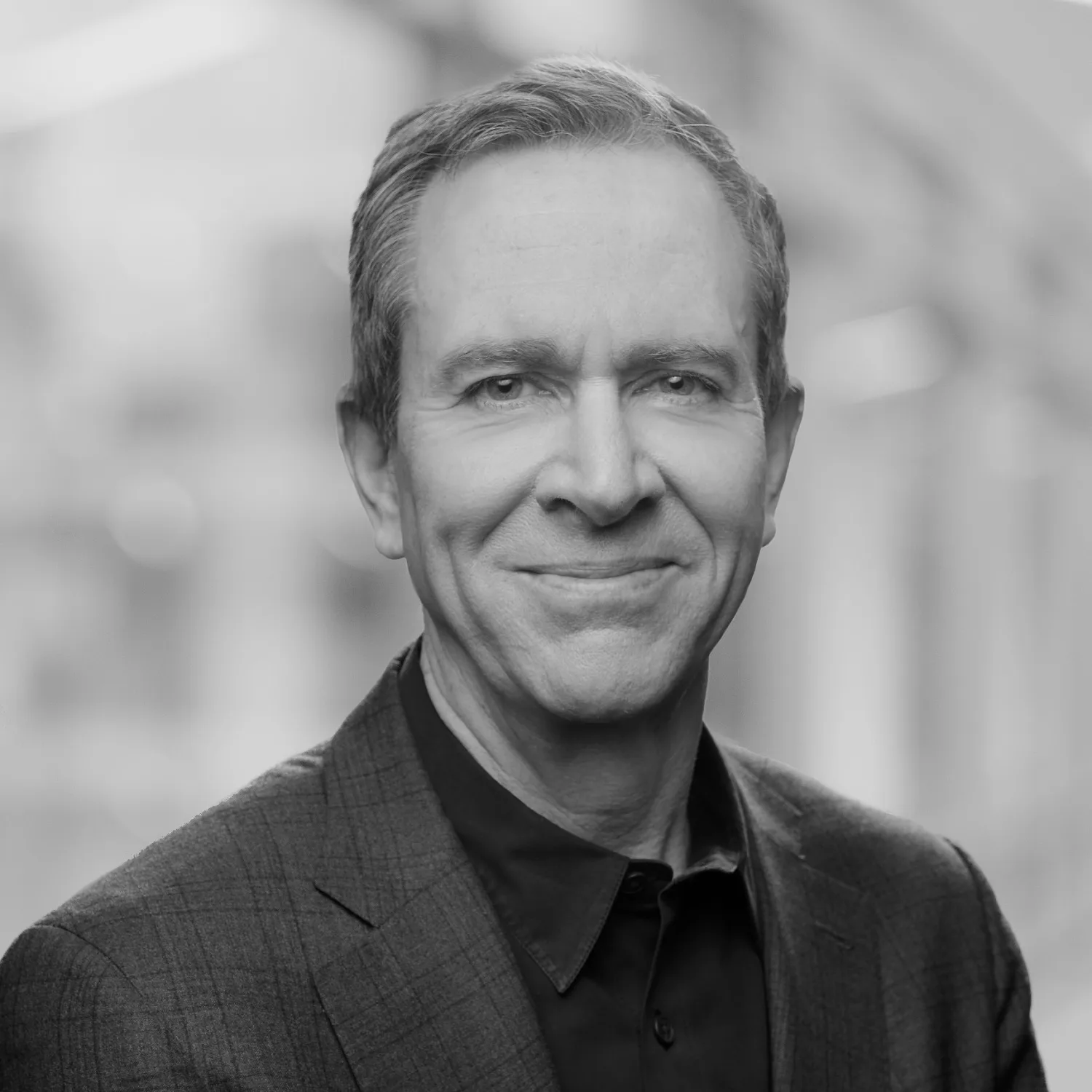AI can help close the global health and development equity gap
President of Global Health, the Bill & Melinda Gates Foundation

On a recent trip to South Africa, I met a group of dedicated HIV peer coaches in rural KwaZulu-Natal who engaged young people in discussions about Pre-Exposure Prophylaxis (PrEP), a lifesaving health intervention. These coaches play an integral role in raising awareness of and supporting adherence to HIV prevention strategies, but they face significant challenges in scaling their work. But what if they had access to a Large Language Model (LLM)? An LLM could amplify their efforts by providing personalized private guidance and support to young people at risk for HIV on their phones at any time, nudging them towards healthier behaviors and improving their understanding of prevention options, such as PrEP drugs and injectables.
As President of Global Health at the Bill & Melinda Gates Foundation, I am laser focused on leveraging innovative tools and technology to achieve global health equity and promote human flourishing. So I am passionate about the potential of AI technologies, including LLMs such as ChatGPT-4, for global health and well-being. If we can harness the power of AI and ensure it is available and affordable to communities in low- and middle-income countries (LMICs) grappling with limited resources and widespread health disparities, I believe it could have a transformative impact.
Imagine a mother living outside of Nairobi and striving to save for her daughter’s wedding. Due to a lack of easy access to information, she struggles with knowing when it’s best to harvest her crops and the best prices to sell. LLMs could empower women like her by providing tailored support and guidance on financial planning, digital payment systems, and crop management.
In high malaria-endemic regions like rural Cabo Delgado, Mozambique, community healthcare workers are on the front lines of combating the disease. LLMs can assist them by providing real-time diagnostic support, treatment guidance, up-to-date information on prevention strategies and incidence tracking, enhancing their ability to manage cases and deliver timely care.
During a visit to Uttar Pradesh in India, I was impressed by a digital logistics and supply tracking system being established. I couldn’t help but wonder how LLMs could enhance its capabilities further. By integrating LLMs into an intelligent dashboard, they could analyze vast amounts of health data, streamlining decision-making and identifying trends that warrant attention. Healthcare providers and administrators could then make more informed decisions, optimize resource allocation, and ultimately improve the quality and efficiency of healthcare services.
While AI’s potential to augment healthcare is universal, it holds especial promise for LMICs working with limited resources to close gaps in infrastructure, workforce, and quality of care. In high-income countries that already possess robust healthcare systems, AI serves primarily as an enhancement – streamlining data, improving efficiency, and alleviating administrative burdens on healthcare providers. But for LMICs seeking to build out healthcare infrastructure and train personnel, LLMs can be a game changer, providing crucial support in medical decision-making, education, and capacity building.
To realize AI’s enormous potential for global health, it must be deployed equitably, so recognizing the importance of local communities in shaping AI development and deployment is vital.
Further, the demographics of many LMICs include a large, young population that is often digitally and social media savvy. This creates a unique opportunity to leverage their skills and integrate them into the healthcare workforce through LLM training and support, creating new employment opportunities and fostering a more effective and sustainable healthcare system.
By processing and analyzing vast amounts of data, helping to identify patterns, and informing evidence-based decision-making, LLMs can also help regional and federal health systems in LMICs to analyze health data and synthesize it into effective policies.
Historically, global health efforts have focused on addressing major challenges such as HIV, TB, malaria, malnutrition, and maternal/neonatal/infant disorders. But people also face a wide range of health and personal challenges, including non-communicable diseases (NCDs), mental health issues, and the pervasive impact of poverty. In LMICs, health authorities must negotiate tough tradeoffs as they deploy funding earmarked for the dominant global health issues while simultaneously addressing the burgeoning problem of NCDs. Through AI, we can ease this dual burden and revolutionize healthcare delivery with a tool that transcends disease categories.
To realize AI’s enormous potential for global health, it must be deployed equitably, so recognizing the importance of local communities in shaping AI development and deployment is vital. A one-size-fits-all approach that takes power out of the hands of local leaders will inevitably fall short in addressing the complex healthcare challenges unique to each region.
By engaging local communities in AI development, we can ensure the technology is tailored to their specific needs and cultural contexts and empower them to determine the safety and acceptable thresholds for system bias.
From its inception, the Gates Foundation has worked to apply exciting new innovations to solve persistent problems in global health and development and to ensure they benefit as many people around the world as possible. AI has the power to revolutionize global health, but its successful deployment depends on our collective commitment to responsible and inclusive innovation.
By working together, leveraging AI’s capabilities, and centering the needs of those most affected by global health challenges, we can make significant strides towards achieving health equity across the globe and help create a world where everyone, no matter where they live, can thrive.
The view, opinion, and proposal expressed in this essay is of the author and does not necessarily reflect the official policy or position of any other entity or organization, including Microsoft and OpenAI. The author is solely responsible for the accuracy and originality of the information and arguments presented in their essay. The author’s participation in the AI Anthology was voluntary and no incentives or compensation was provided.
Mundel, T. (2023, June 12). AI Can Help Close the Global Health and Development Equity Gap. In: Eric Horvitz (ed.), AI Anthology. https://unlocked.microsoft.com/ai-anthology/trevor-mundel
Trevor Mundel
As President of the Global Health Division at the Bill & Melinda Gates Foundation, Dr. Trevor Mundel leads the foundation’s efforts to develop high-impact, novel interventions to reduce the global burden of infectious diseases, which disproportionately impact the most vulnerable communities. By pursuing innovative tools and technology in health, Trevor and his team seek transformational change to close the global health equity gap.






